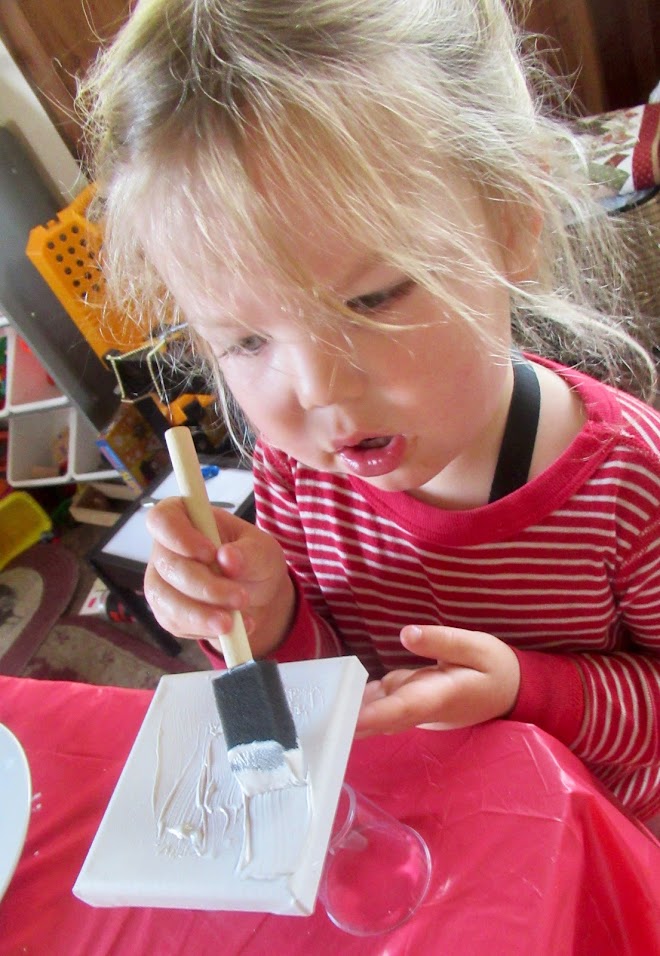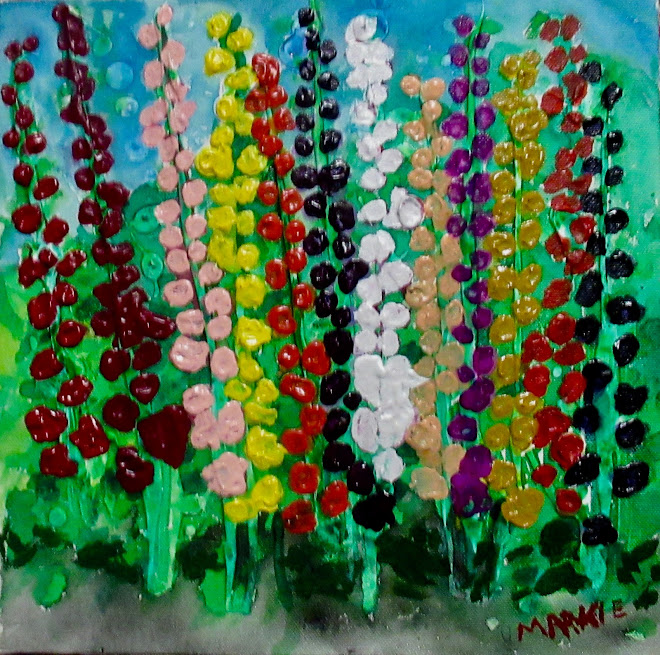 |
| "Look at me; look at me!" |
This is the fourteenth in a series of informative-nay, scintillating-posts, focusing primarily on my mental issues, as I continue to make my way through Reggae on the River, 2016.
I survive simply because I use humor as a lifeline to bridge the awkward gap between “normal” people, and, well, you know, people like me.
People Like Me
Take our camp here at Reggae on the River, 2016, for instance, please. I am a guy with mental issues, but I am also not drinking, not doing cocaine, not indulging in the Molly that is circulating and my sleeping patterns, as bizarre as they are, have not changed.
The “normal” ones here are the ones who are binging.
If you are familiar with the French film, “The King of Hearts,” (1966) then you know the premise to be that it is sometimes difficult to determine who the crazies are and who the “normal” are. Set in France at the end of World War I, most of the residents of a small village flee when they learn that a bomb is set to destroy their homes.
 |
| My meds |
When the villagers have left, a group of inmates from the local mental institution simply walk out of their abandoned facility, and take up their respective positions as the missing denizens of the village. Except for the fact that they are colorfully dressed and have a certain joie de vivre, they are indistinguishable from “normal” villagers.
A Swiss soldier is sent to defuse the bomb. He struggles to understand why the “normal” people of this little village do not fear the war, nor do they seem to fear death. They simply do NOT seem normal.
Buddha knows we have to keep track of those who are “not normal.”
I seek clarification. First off, when you say an individual has “mental issues,” are we talking kooky, silly, dippy, flaky, dingy, fruity, out-to-lunch, touched, or round-the-bend, and it’s all good? Like, isn’t everyone? You know, a little?
Or are we talking psycho, bonkers, nuts, deranged, screwy, schizo, cuckoo or even the ever-popular, bat-shit crazy? At least here at ROTR there are enough people stepping out of their normal personas, and adopting completely different ones, that I tend to blend in a little better.
No one connects my ice chest to my disorder, for instance. I have them fooled into thinking I am some kind of organizational nut. [Note to self: Seriously? “Nut?”]
 |
| Casey's support got me here in the first place a year ago. Without him, it would never have happened. |
The reality is that there are from one to seventeen reasons why any one of the excellent establishments here on-site, readily available, are unacceptable to me as a source of sustenance.
Can I list them for you? Certainly, effortlessly, except that I have only one extra ink cartridge on hand, and it would never be enough. No, listing the reasons I can find to avoid eateries, is like lugging around the Oxford-English Dictionary, all twelve volumes, to ensure proper spelling.
It’s overkill. Step over to the Bowl for a quick bite? My mind rockets ahead in quantum leaps, searching for impediments to success. There is no such thing as a free pass, the ability to take everything around me at face value, rather than always having to seek that which will derail the process.
I don’t like to eat in public venues, so I find more ways to avoid it, than kids used to be able to find ways to avoid doing their homework. It’s a gift, one that I have been saddled with since age ten, when I suffered my first panic attack.
I was officially “not normal” from that point onward, but there was no neon sign above my head; I was just another kid with social disorders. The thing is, for many with mental issues, it’s not just that we have to contend with what’s going on in our heads, we also have to worry about being singled out, and ridiculed because we are not “normal.”
How else did mental issues affect my camping experience at ROTR?
 |
| Mid-Sized David and I spent many hours chatting in the pre-dawn hours. Support comes in all sizes and shapes. |
a) Lito had my back and set my tent up on the fringes, not in the center of things.
b) My unorthodox sleeping patterns were not a factor because everyone kept such bizarre hours that I stayed under the radar.
c) I invested a total of five days’ volunteer labor, so as to be able to acclimate myself to the venue, before there were 12,000 others to complicate matters.
D) I abstained from alcohol because I did not want to throw any monkey wrenches into the already fragile works.
e) I can’t be in the middle of the crowd when it comes to watching the music; I either have to be on the outskirts, or up on the side stage, which was virtually deserted during the day, when I saw the bulk of my musical acts.
F) I was quite frank about my issues, particularly the mania, because I felt better about putting it out there than I did about concealing it.
Though I felt well supported by my fellow campers, such is not always the case when it comes to mental issues.
If a person gets cancer or has a stroke or just about any other physical ailment, loved ones descend upon the scene, bringing flowers, casseroles and love. If a person is diagnosed with mental issues, such as a mood spectrum disorder, such is not the case.
Speaking for myself, prior to being diagnosed as bipolar II, I would see the world through my eyes without realizing that what I saw was a different version than what everyone else was experiencing. How I processed information was different and how I reacted to situations was not the same as others.
I experienced extremes that others did not so it was no wonder that I struggled. I never spoke to anyone but my mother about my panic attacks simply because I did not have a clue as to what was going on. All I knew is that if I got startled by something unexpected, while in the middle of a crowd, like being in a church, the blood would drain from my face, and I would lose consciousness if I did not get out of there and into the fresh air.
Objectively, it does not compute but that does not alter the situation one iota. The only thing that could make the whole thing worse, was if somehow, everyone found out about it, and therein lies the problem. Who wants to be thought of as different?
All of this is true until you go to a competent therapist, do the hard work that accompanies the visits, and realize that the problems you have can be amended. They can’t be fixed, just as my issues can’t be fixed, but you can acquire the tools that are needed to help you cope with those differences.
Coping mechanisms are what get me through my day, but it takes time and effort to build up these mechanisms. Humor helps me cope so I employ it in my writing to the best of my ability. If I can poke fun at myself, and make folks laugh, then it eases the discomfort.
Instead of being frightening, humor helps people view my disorder in a more benign way. It makes me more human and less of an aberration. Claustrophobia is a huge concern for me, so when I wrote “The Attack of the Killer Seatbelt,” I focused on the ludicrous nature of the situation, and not the claustrophobia.
The bottom line is that I write for my own therapeutic purposes, but I am finding out that others are also benefiting. A dear friend wrote me recently, telling me that she had a loved one who was dealing with being diagnosed as bipolar II, who took comfort in reading my posts. She wrote,
“Your writing and poking fun at yourself helps to break the stigma for her. It helps her feel OK about herself. She does not feel alone on an island. I wanted you to know how special and helpful it is to her. She has had to overcome so much in her young life…”
 |
| Casey and I had the side-stage to ourselves. |
“Alone on an island” is a perfect description, especially when applied to me trying to sit in the middle of a sellout at AT&T Park. People with mental issues often feel alone because of the implied stigma; people do not line up at their front doors with dishes laden with lasagna and macaroni and cheese (with bacon).
No, they avoid you. What do you say to someone with mental issues?
“Hope you get well soon?” Yeah, right.
“Hope you don’t kill anyone?” Encouragement is a good thing.
“Hope you get some good meds?” Silver lining?
Actually, it’s much more simple than that. What you say to someone with anxiety issues is, “Hey there. I’m here for you. I love you and I support you. Let’s get together and do lunch.”
If that does not work (too public) try, “Hey there. I’m here for you. I love you and I support you. Let’s get together and go for a walk, or go to the beach, or go to the Grace Hudson Museum, whatever.”
Just get together and share your strength; that’s not only “enough,” it’s more than is ever expected.
People with mental issues are indistinguishable on the outside from everyone else, unless they are like me and wear a goofy mustache that bellows out, “Look at me, look at me!”
Therefore, please help them feel indistinguishable on the inside too, by accepting them for the people they are, and sharing your time with them.
I was 58 when I found out I was officially “bat-shit crazy,” so my support system is far more widespread and secure than someone who one-third my age.
So please, reach out today to someone you know-anyone-and tell that individual you love and support her or him. You never can tell for sure how much of an impact you will make, but rest assured that your words will be part of the foundation for that person’s recovery.
Go ahead. Text that person. Now.

















You know this but I will say it anyway.... I love and support you! You can write me or call me or text me anytime (as I know I can do the same with you). xoxoxoxooxxooxoxoxoxooxooxooxoxoxoxoxoxoxox
ReplyDeleteTrue dat. Much love!
Delete